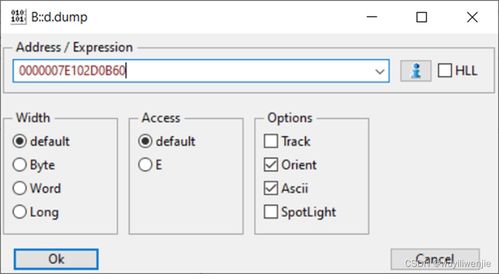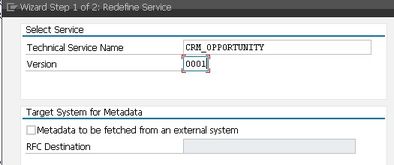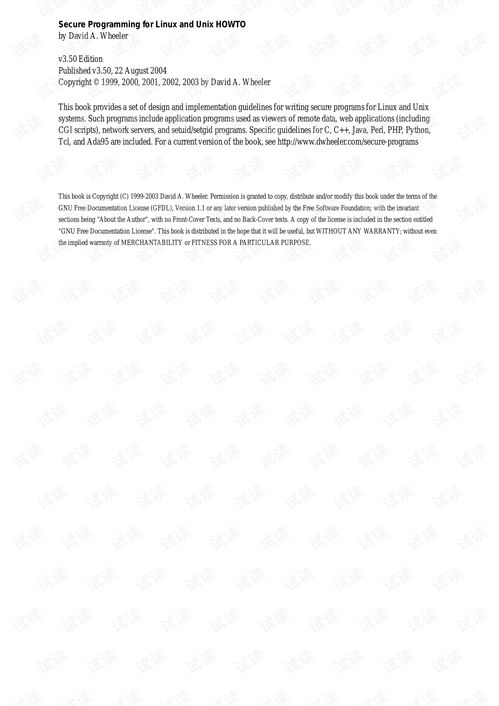
How to File Homestead Exemption as a New Owner: A Comprehensive Guide
Buying a new home is an exciting time, but it also comes with a variety of responsibilities. One of these is understanding and filing for a homestead exemption. This guide will walk you through the process step by step, ensuring you’re well-prepared to take advantage of this valuable tax benefit.
Understanding Homestead Exemption

Before diving into the filing process, it’s important to understand what a homestead exemption is. Essentially, it’s a property tax reduction available to homeowners who live in their primary residence. The amount of the reduction varies by state, but it can significantly lower your property tax bill.
Eligibility Requirements

Not everyone qualifies for a homestead exemption. Here are the general requirements you need to meet:
-
Be a legal resident of the state where you’re applying for the exemption.
-
Own and occupy the property as your primary residence.
-
Not own any other property that you claim as a homestead.
Researching Your State’s Homestead Exemption Laws

Each state has its own set of rules and regulations regarding homestead exemptions. To ensure you’re following the correct process, start by researching your state’s specific requirements. This information can typically be found on your state’s tax or revenue department website.
Gathering Required Documents
When you’re ready to file for a homestead exemption, you’ll need to gather certain documents. These may include:
-
Proof of ownership, such as a deed or title.
-
Proof of residency, such as a utility bill or lease agreement.
-
Identification, such as a driver’s license or state ID.
Filing the Homestead Exemption Application
Once you have all the necessary documents, it’s time to file the application. Here’s how to do it:
-
Visit your local county tax assessor’s office or website to obtain the homestead exemption application.
-
Complete the application accurately and truthfully.
-
Submit the application along with any required documents.
-
Pay any applicable fees, if necessary.
Understanding the Filing Deadlines
Don’t miss the deadline for filing your homestead exemption. The deadline varies by state and sometimes by county, so it’s important to research the specific deadline for your area. Failure to file by the deadline may result in you losing the exemption for that year.
Renewing Your Homestead Exemption
In some states, you’ll need to renew your homestead exemption annually. This process is similar to the initial filing, and you’ll need to provide proof of continued residency and ownership. Be sure to keep track of your renewal deadlines to avoid missing out on the tax savings.
Common Questions and Answers
Here are some common questions and answers regarding filing a homestead exemption:
| Question | Answer |
|---|---|
| Can I file for a homestead exemption if I’m married? | Yes, you can file for a homestead exemption as a married couple, as long as you meet the eligibility requirements. |
| Do I need to file for a homestead exemption every year? | No, you only need to file for the exemption once. After that, it will be renewed automatically, provided you continue to meet the eligibility requirements. |
| Can I file for a homestead exemption on a rental property? | No, you can only file for a homestead exemption on a property you own and occupy as your primary residence. |
Conclusion
Filing for a homestead exemption as a new homeowner can be a straightforward process if you understand the requirements and follow the correct steps. By doing so, you can enjoy significant tax savings on your primary residence. Take the time to research your state’s





